
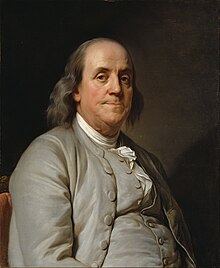
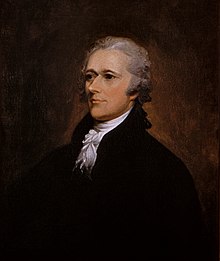
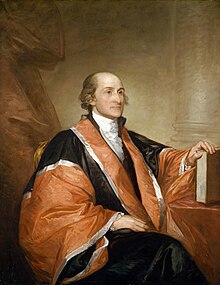
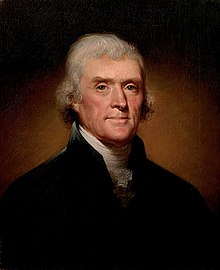
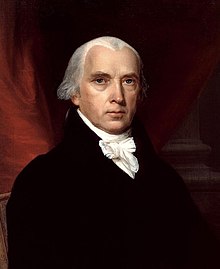
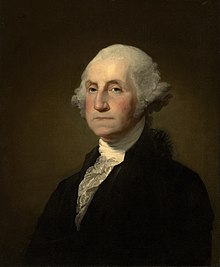
On September 17, 1787, fifty-five delegates crowded into a (now historic) building in Philadelphia, Pennsylvania to carry out a new form of government, written in a document that is now known as The Constitution of the United States of America. The Constitution is the supreme law of the United States. It is the source of all government powers, and also provides important limitations on the government that protect the fundamental rights of United States citizens. The first ten amendments (also known as The Bill of Rights) help us periodically tweak the constitution so that it guarantees civil rights and liberties to individuals as the country evolves. Because of this, the United States Constitution is often referred to as a "living document" that grows and changes as society moves forward.
The Constitution is important because it forms the basis of the United States’ government and systems that are still used to this day. Without it, we wouldn’t have a House of Representatives and Senate for each state. We wouldn’t have our three branches: legislative, executive, and judiciary. Even our laws, relationships, and foreign affairs wouldn’t exist as we know them today.
Although 55 delegates attended the Constitutional Convention, the 7 key founding fathers (identified by historian Richard B. Morris) are John Adams, Benjamin Franklin, Alexander Hamilton, John Jay, Thomas Jefferson, James Madison, and George Washington because of the substantive roles they played in the formation of the United States’ new government.